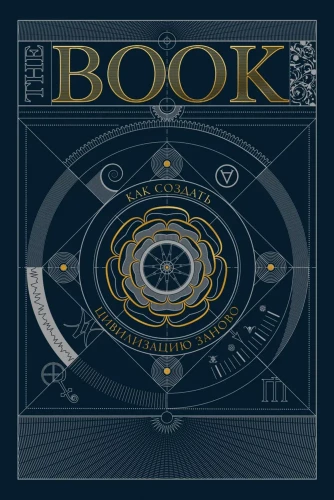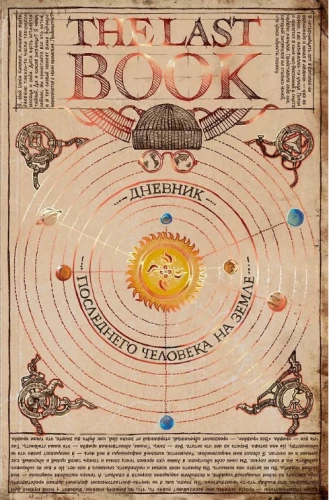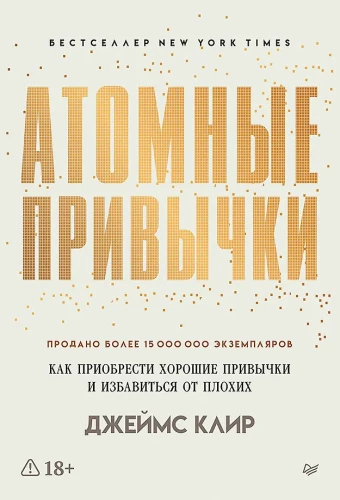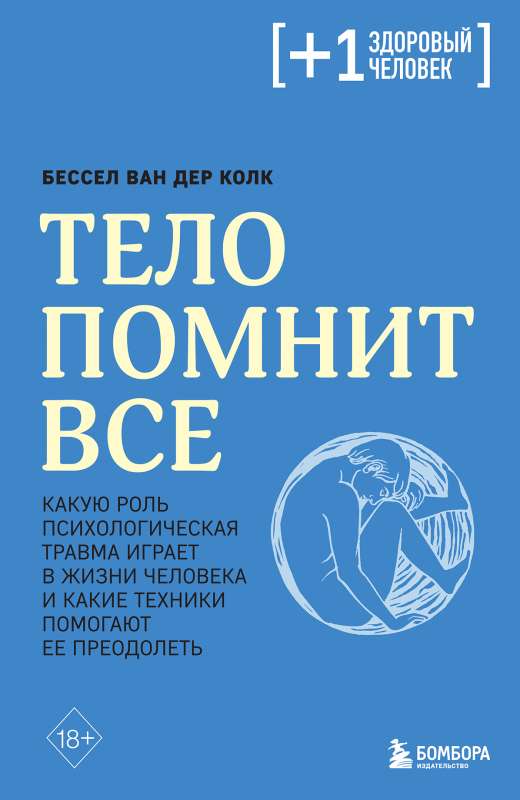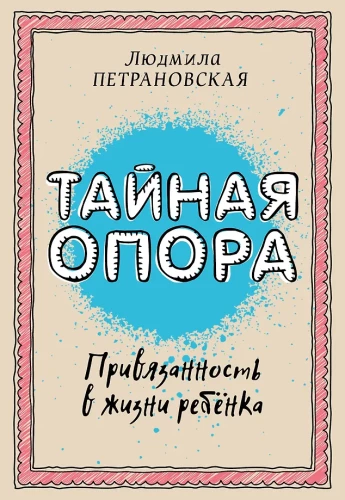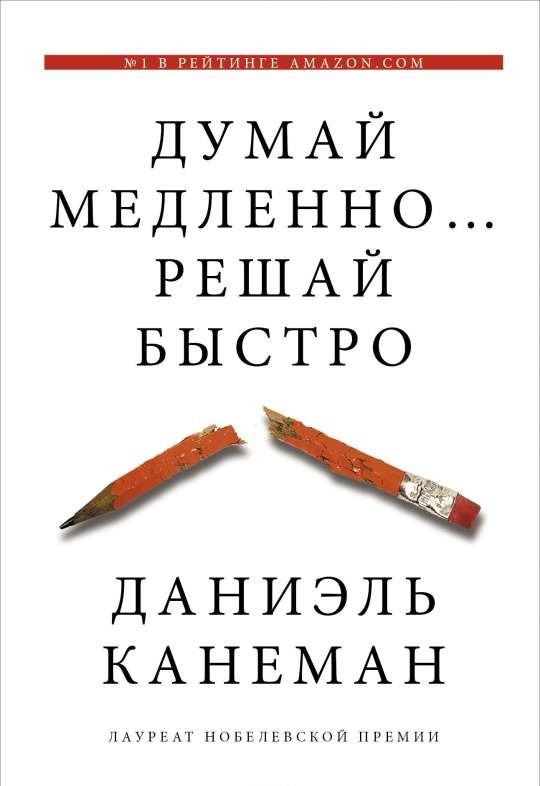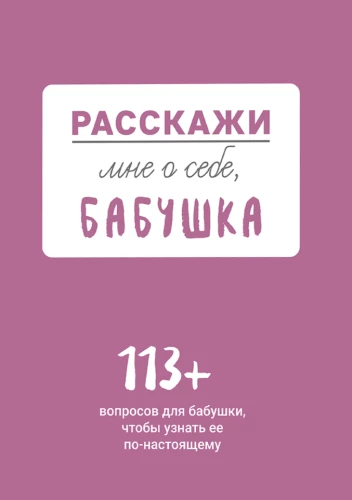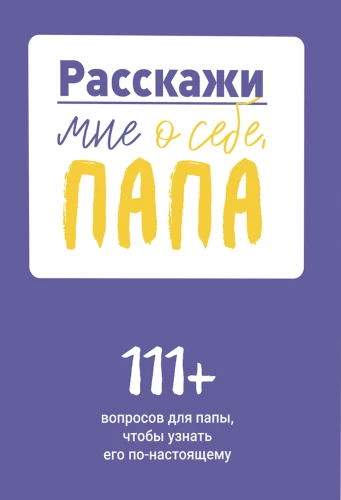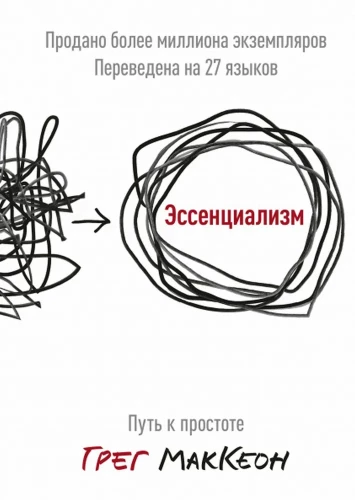Artificial Intelligence: How Machines Become Smarter and Change Our Lives
Research is also moving in the opposite direction - from AI to humans. Reflecting on the development of AI, we have learned that the human mind is organized much more complexly than psychologists had assumed.
The author of the book, Margaret Boden, is a professor of cognitive science at the University of Sussex and a fellow of the Order of the British Empire. Her first articles were published in the late 1960s. She continues to conduct fundamental research in the field of AI. But the progress of computational technology has always been for Margaret Boden a reason to study humans, as evidenced by the books "Artificial Intelligence and Natural Man" (1977), "The Creative Mind: Myths and Mechanisms" (2004), the two-volume "The Brain as a Machine" (2006), as well as other numerous publications in the famous journal Mind, journals on the philosophy of science, and aesthetics. It is no coincidence that she is considered one of the leading researchers of creativity and cognition, and in 2017 she was awarded the Allen Newell Award for her contributions to the philosophy of cognitive science.
Author: Маргарет Боден
Printhouse: Feniks
Series: Summa Rerum
Age restrictions: 16+
Year of publication: 2025
ISBN: 9785222337240
Number of pages: 180
Size: 242x170x13 mm
Cover type: hard
Weight: 360 g
ID: 1713625
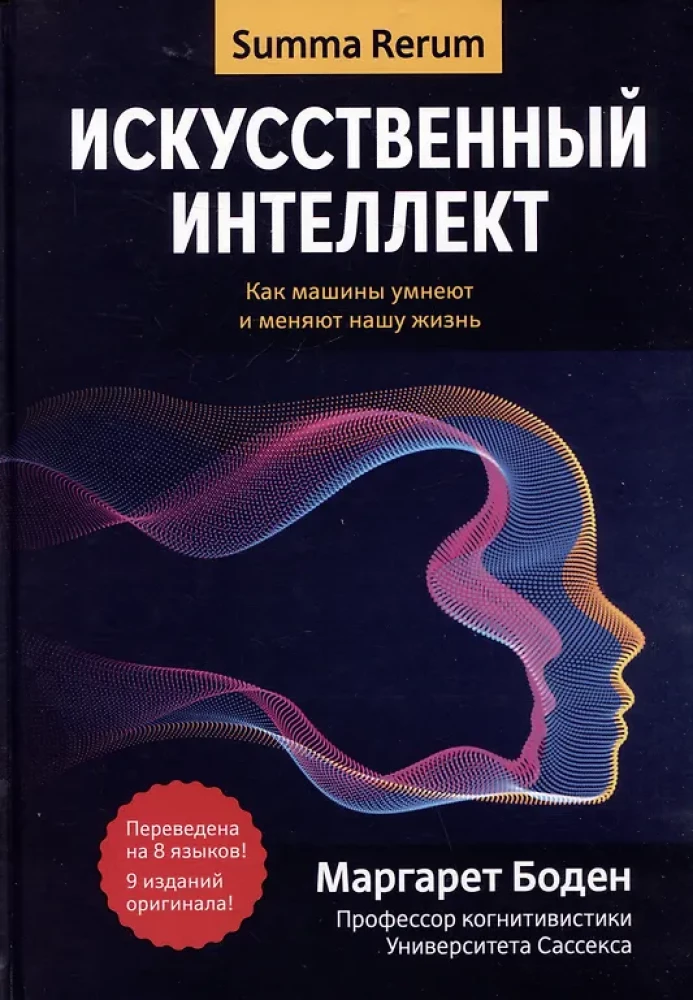
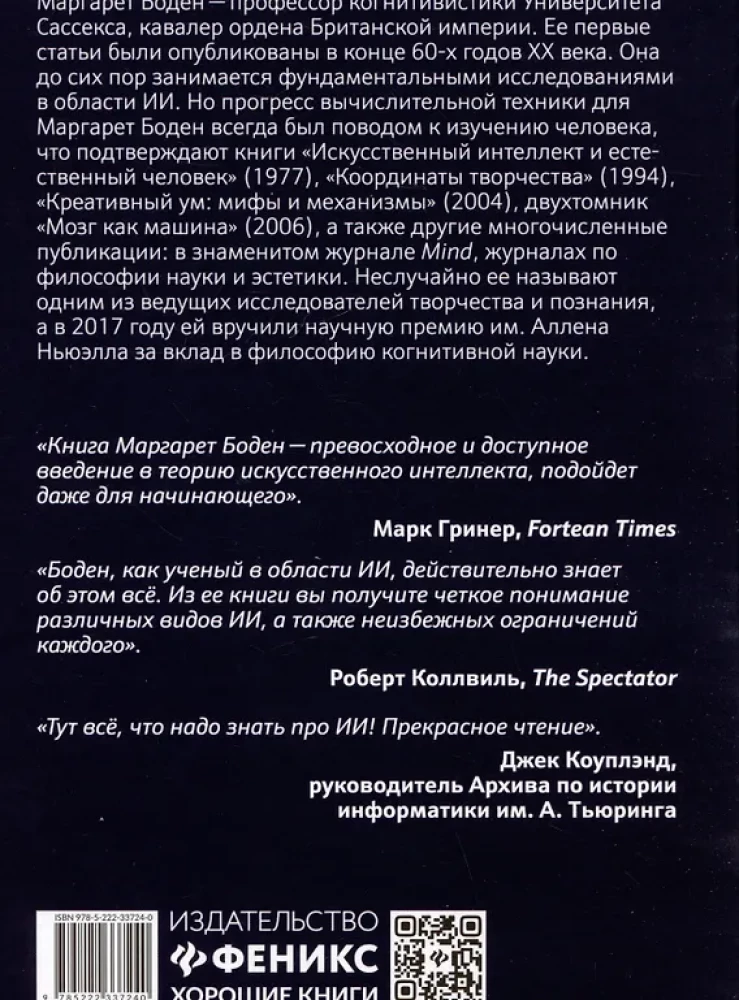
-large.webp)
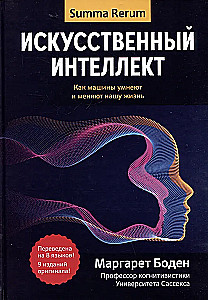
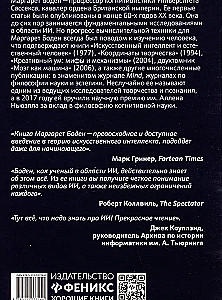
-thumb.jpg)

